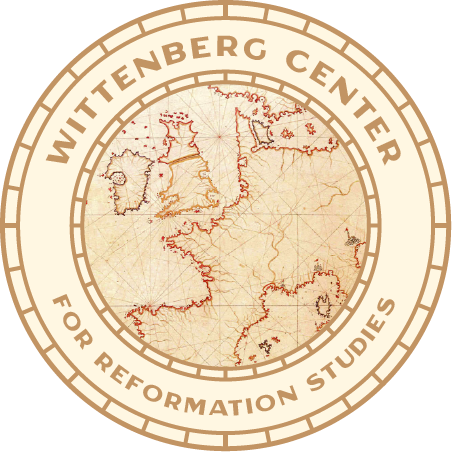
After the first and second weeks focused on the Reformation in England and Germany without much attention to the processes of influence and exchange between the two, the third week focused on how the German Reformation influenced England.
On Monday, Prof. Martin Ohst (Wuppertal University) analyzed John Fisher’s sermon against Martin Luther, delivered on the occasion of the burning of Luther’s books in London in 1521. On Tuesday, Prof. Jennifer McNutt (Wheaton College) focused on Luther’s translation of the Bible and its significance for the renewal of the church in Europe, and worked with the Student Fellows to analyze William Tyndale’s translation of Luther’s preface to the Romans. On Thursday, Dr. Andreas Stegmann (WCRS) introduced Robert Barnes and the Wittenberg Articles of 1536. On Friday, Dr. Alyssa Evans (University of Göttingen) presented her research project on early modern translations of Luther’s works into English, illustrating his long-lasting influence on England.
Work on the sources was accompanied by visits to sites of Reformation history in Wittenberg and six presentations of the Student Fellows’ research projects.
On the last working day in Wittenberg, the group summarized the results of the three weeks of course work in the evening: What are the similarities and differences between the German and English Reformation? It is clear that the course of the Reformation differed significantly here and there, mainly due to the different ways in which the secular authorities dealt with the Reformation. But there are also important similarities: the focus on the Bible and the emphasis on justification by faith, the influence of humanism, and the reorganization of the church according to Reformation ideas. Although the development in England was determined by the particular situation there, it is also important to recognize “the full indebtedness of the English Reformers to their brethren on the Continent” (E.G. Rupp).



